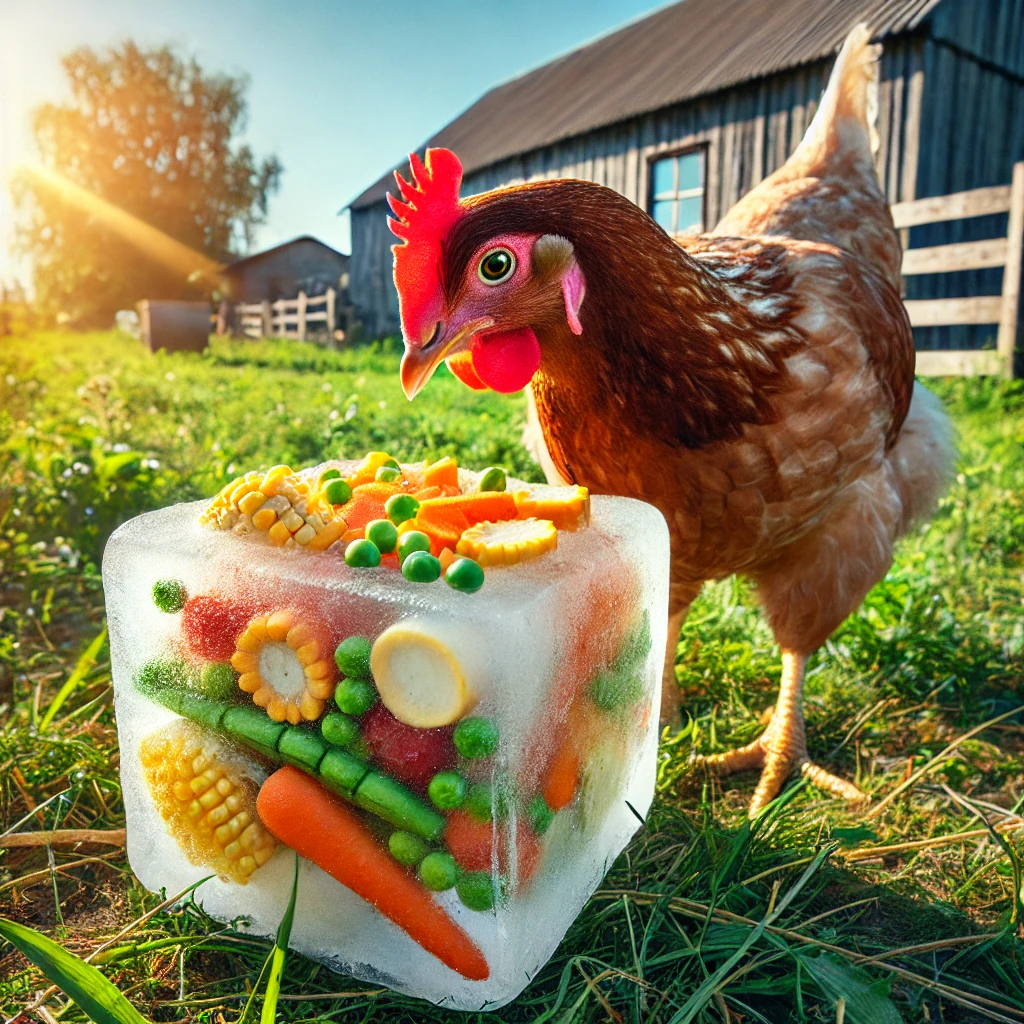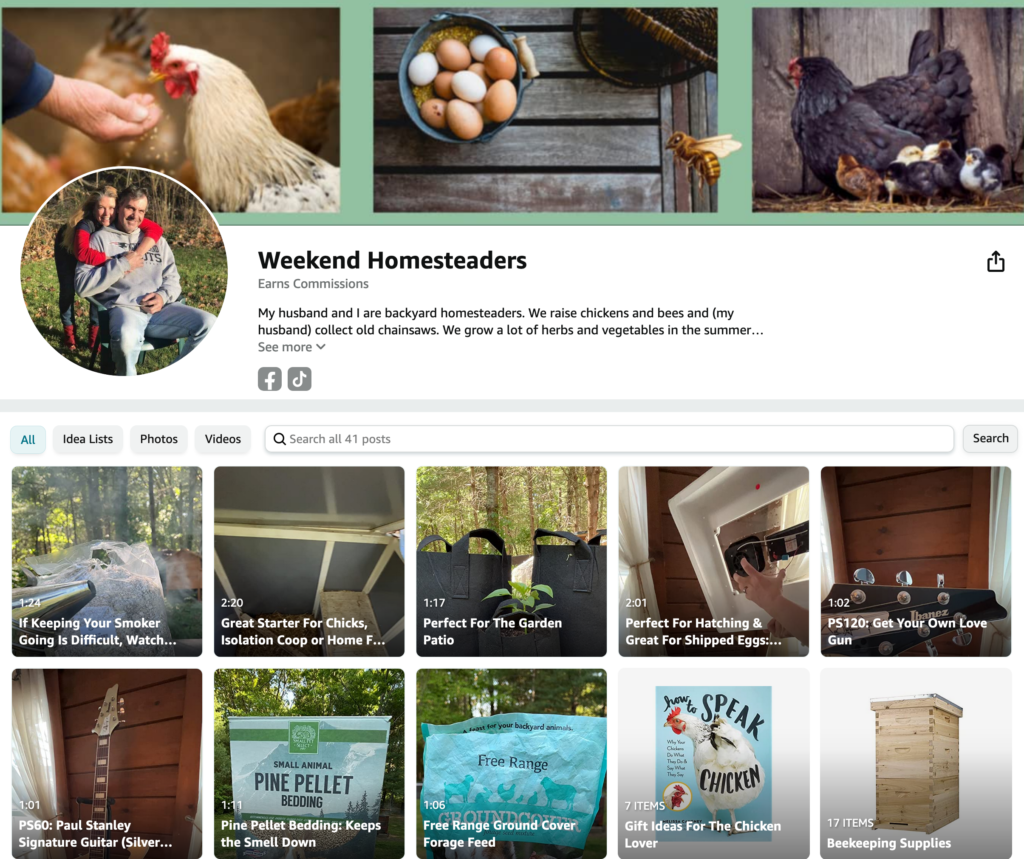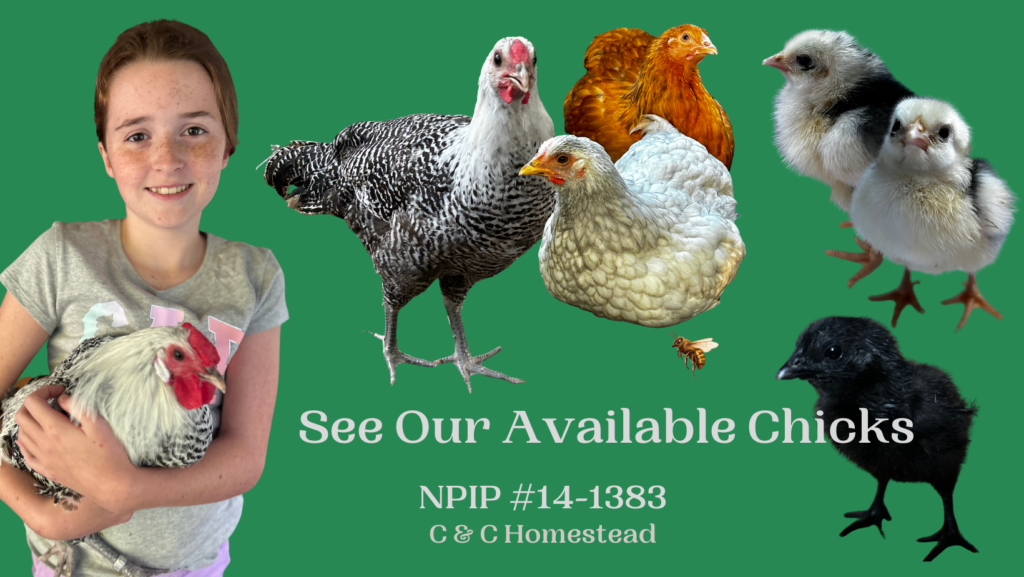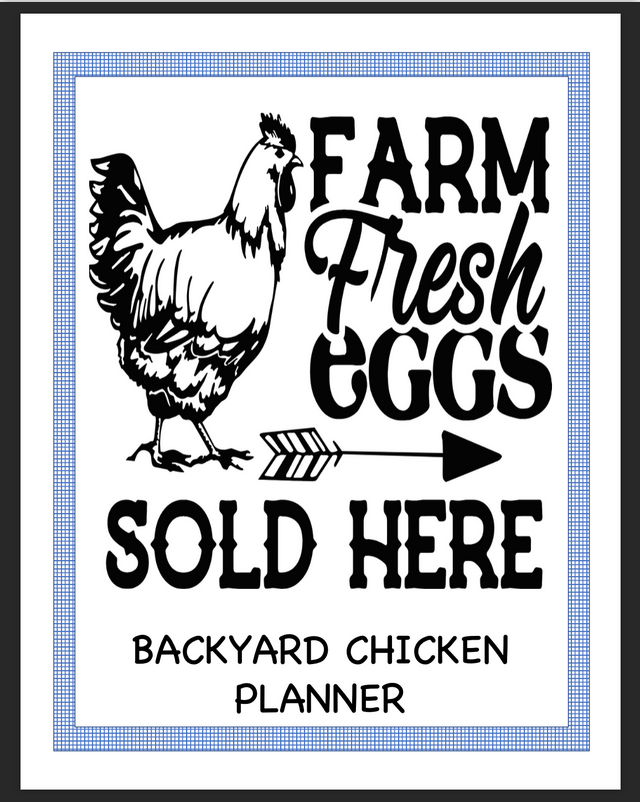Balancing Corporate & Homesteading Lifestyles
Ice Blocks: Precautions

Ice blocks can be a fun and enriching way to help chickens cool down during the summer, but there are some safety considerations to keep in mind:
Potential Risks and Precautions
- Risk of Injury:
- Pecking Injuries: Chickens may peck at the ice too vigorously, potentially injuring their beaks. Ensuring the ice blocks contain small, soft food items can help minimize this risk.
- Slippery Surfaces: Ice can create slippery surfaces, which might lead to slips and falls, especially if the ice melts in the coop or run. Place ice blocks in areas with good drainage and non-slippery surfaces.
- Overcooling:
- Body Temperature Regulation: Chickens regulate their body temperature differently than humans. Direct and prolonged exposure to cold surfaces might lead to overcooling, which can stress their systems. Offer ice blocks intermittently rather than continuously.
- Water Contamination:
- Cleanliness: Melting ice can mix with dirt and droppings, leading to contaminated water. Always place ice blocks in clean areas and monitor them to ensure they do not become a source of dirty water.
- Digestive Issues:
- Ingesting Too Much Cold Water: Rapid consumption of very cold water can potentially cause digestive upsets. Ensure the ice blocks contain small, manageable pieces of food that encourage slow consumption.
Safe Practices for Using Ice Blocks
- Supervision:
- Supervise your chickens when first introducing ice blocks to ensure they interact with them safely and appropriately.
- Size and Composition:
- Small Pieces: Use small food items that are easy for chickens to peck at without risk of injury. Fruits like blueberries, corn kernels, and peas are good options.
- Mixed Ingredients: Include a mix of hydrating fruits and vegetables to ensure balanced nutrition.
- Placement:
- Shaded Areas: Place ice blocks in shaded areas to slow the melting process and keep the surrounding area cooler.
- Secure Surfaces: Ensure the ice blocks are on surfaces that provide good traction and are not prone to becoming slippery when wet.
- Frequency:
- Intermittent Offering: Use ice blocks as an occasional treat rather than a constant feature. This helps prevent potential issues related to overcooling and digestive upsets.
- Monitoring and Cleanliness:
- Regularly check the area where ice blocks are placed to ensure it remains clean and free from excessive water build-up.
By following these safe practices, you can help ensure that ice blocks are a beneficial and enjoyable treat for your chickens during the hot summer months, providing them with much-needed relief and enrichment.



